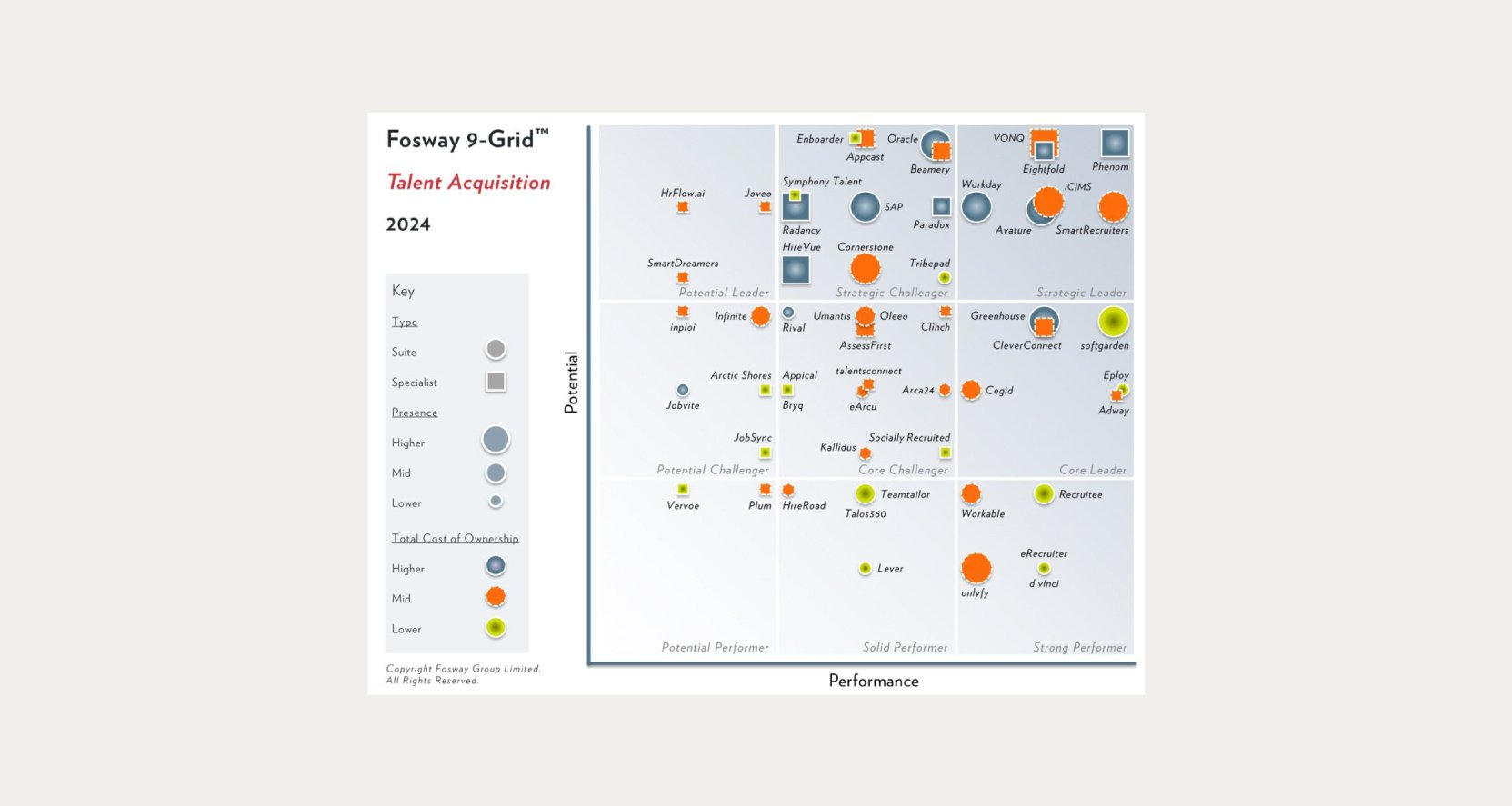In the dynamic market of talent acquisition, a significant paradigm shift is occurring. The adoption of recruitment marketing is not just a trend but a strategic transformation. This approach, akin to the vital role of marketing in generating sales, is reshaping how organizations attract and retain top-tier talent.
Despite this shift, most of the market still leans heavily towards traditional job postings on job boards. For instance, Pracuj, Poland's premier job board, generated over 100 million USD in revenue in 2022. Comparatively, in the global CRM market, only a handful of companies achieve similar revenue figures.
Yet, the current market dynamics compel businesses to move past the traditional "post-and-pray" approach. With the demand for talent often surpassing supply in many economies, the strategic implementation of recruitment marketing is becoming increasingly crucial.
Decoding Recruitment Marketing
Recruitment marketing refers to the strategic application of marketing tactics to the field of talent acquisition. It's about proactively reaching out to potential candidates, creating a compelling employer brand, and nurturing relationships even before candidates apply for a job. This approach has grown in response to the evolving job market, where traditional recruitment methods no longer suffice.
The Sales-Marketing Analogy in Recruitment
Just as marketing plays a crucial role in warming up prospects for sales, recruitment marketing serves to generate interest and engage potential candidates for the talent acquisition team. In sales, marketing efforts create a funnel of leads that salespeople can convert into customers. Similarly, in recruitment, marketing tactics build a pipeline of engaged, interested candidates from which recruiters can source talent.
Key Components of Recruitment Marketing
Employer Branding: Similar to branding a product in sales, employer branding focuses on crafting an appealing image of the company as an employer. This includes showcasing the organization's culture, values, and the benefits of joining the team, often prominently featured on the career website.
Content Creation: This component involves developing content that resonates with potential candidates, mirroring how marketing content targets potential customers. This encompasses not just job postings but also employee testimonials and behind-the-scenes looks into company life, all of which can be effectively displayed on the career website.
Social Media Engagement: In parallel to how sales use social media to engage customers, recruitment marketing utilizes these platforms for interacting with potential candidates. It's about sharing compelling content and building an employer brand, with the career website often serving as a landing point for more detailed information.
Career Website: A pivotal element in recruitment marketing, the career website acts as a central hub for all recruitment activities. It not only lists job openings but also conveys the company's culture, values, and employee experiences, thus playing a critical role in attracting and engaging potential candidates.
Candidate Relationship Management: Echoing customer relationship management in sales, this aspect involves fostering ongoing relationships with potential candidates. It's about keeping them engaged and interested in the company, often through regular updates and personalized interactions facilitated by the career website's features.
Analytics and Strategy: Just as in sales, analytics in recruitment marketing is essential for understanding candidate behavior and preferences. This data, often collected through interactions on the career website and other platforms, informs and refines recruitment strategies for optimal outcomes.
Roles in Recruitment Marketing
As recruitment marketing cements its place as a pivotal component in the talent acquisition landscape, we're seeing the emergence of specialized roles dedicated to this function. These roles are not just about filling positions; they're about building a brand, nurturing candidate relationships, and leveraging data to drive strategic decisions. Let's explore these roles and responsibilities that are shaping the future of recruitment.
Recruitment Marketing Manager
Responsibility: This role involves overseeing the entire recruitment marketing strategy. A Recruitment Marketing Manager is responsible for developing and implementing plans to promote the employer brand, enhance candidate engagement, and manage the overall perception of the company in the job market.
Content Specialist
Responsibility: Content is king in recruitment marketing, and the Content Specialist's role is to create compelling and engaging material that resonates with potential candidates. This content ranges from job descriptions to storytelling about the company's culture and values.
Social Media Coordinator
Responsibility: Social media is a critical channel for engaging with potential candidates. The Social Media Coordinator manages the company's presence on various social platforms, fostering community and conversation around the employer brand.
Employer Branding Specialist
Responsibility: This role focuses on building and maintaining a strong employer brand. The Employer Branding Specialist works to ensure that the company is viewed as a desirable place to work, both online and offline.
Recruitment Marketing Analyst
Responsibility: Data drives decision-making in recruitment marketing. The Analyst role involves gathering and interpreting data to understand candidate behaviors and measure the effectiveness of marketing strategies.
Candidate Experience Manager
Responsibility: This role is centered around ensuring a positive and engaging experience for all potential candidates. It’s about managing the journey from initial contact through the application process and beyond.
The Impact and Future of Recruitment Marketing
The integration of recruitment marketing into talent acquisition is revolutionizing the hiring process. It leads to a more proactive and engaging candidate sourcing approach, similar to how marketing revolutionized customer acquisition in sales. Looking ahead, as technology and candidate expectations evolve, recruitment marketing is set to become even more sophisticated and integral to talent acquisition strategies.
Conclusion
The increasing adoption of recruitment marketing in talent acquisition mirrors the essential role of marketing in sales. It's about creating interest, engaging prospects (candidates), and building a pipeline for the 'sales team' (recruiters) to convert into 'customers' (new hires). This strategic shift is not just enhancing the efficiency and effectiveness of talent acquisition but is also setting new standards in the quest for top talent. As this trend continues to grow, its impact on the future of hiring and talent management will be profound and enduring.








